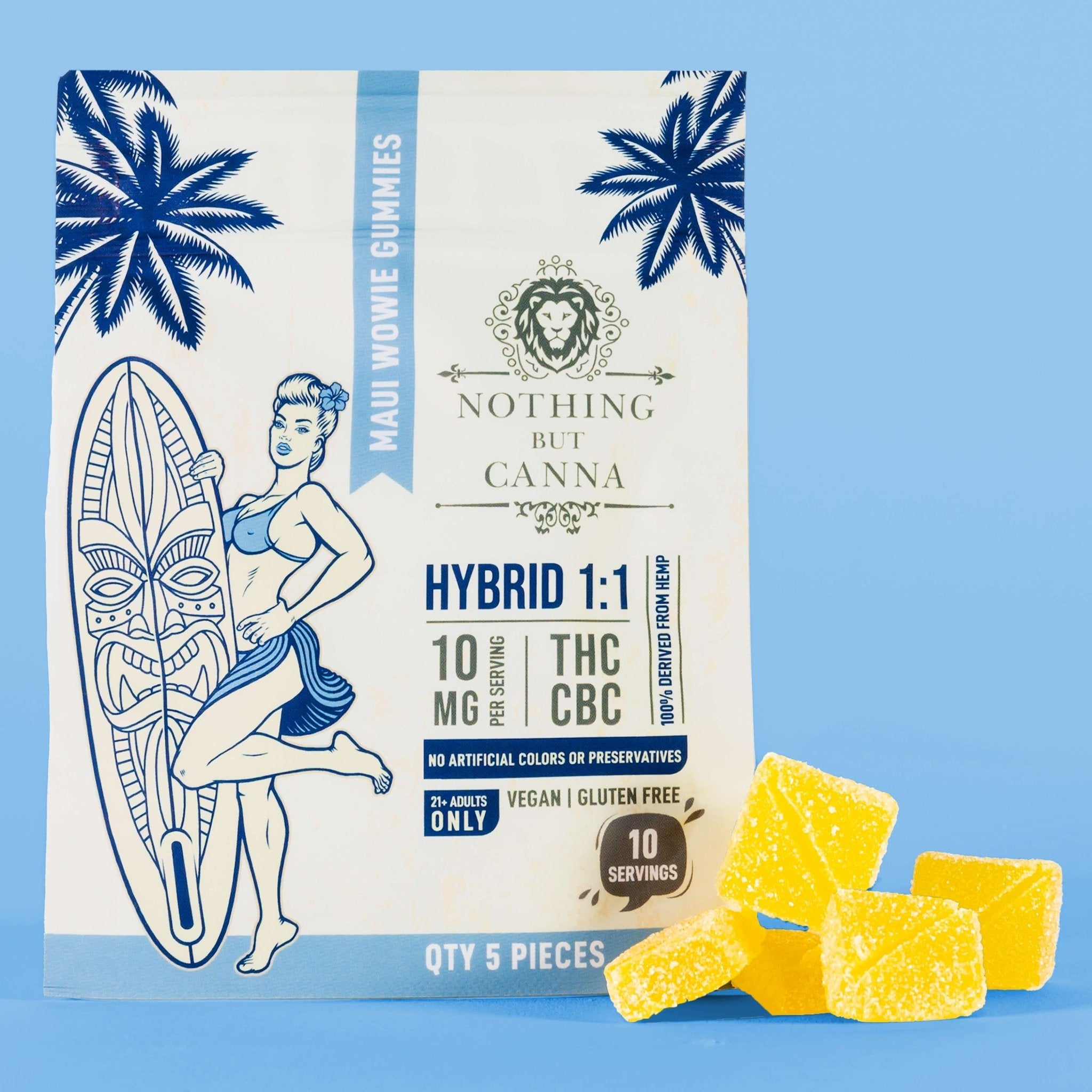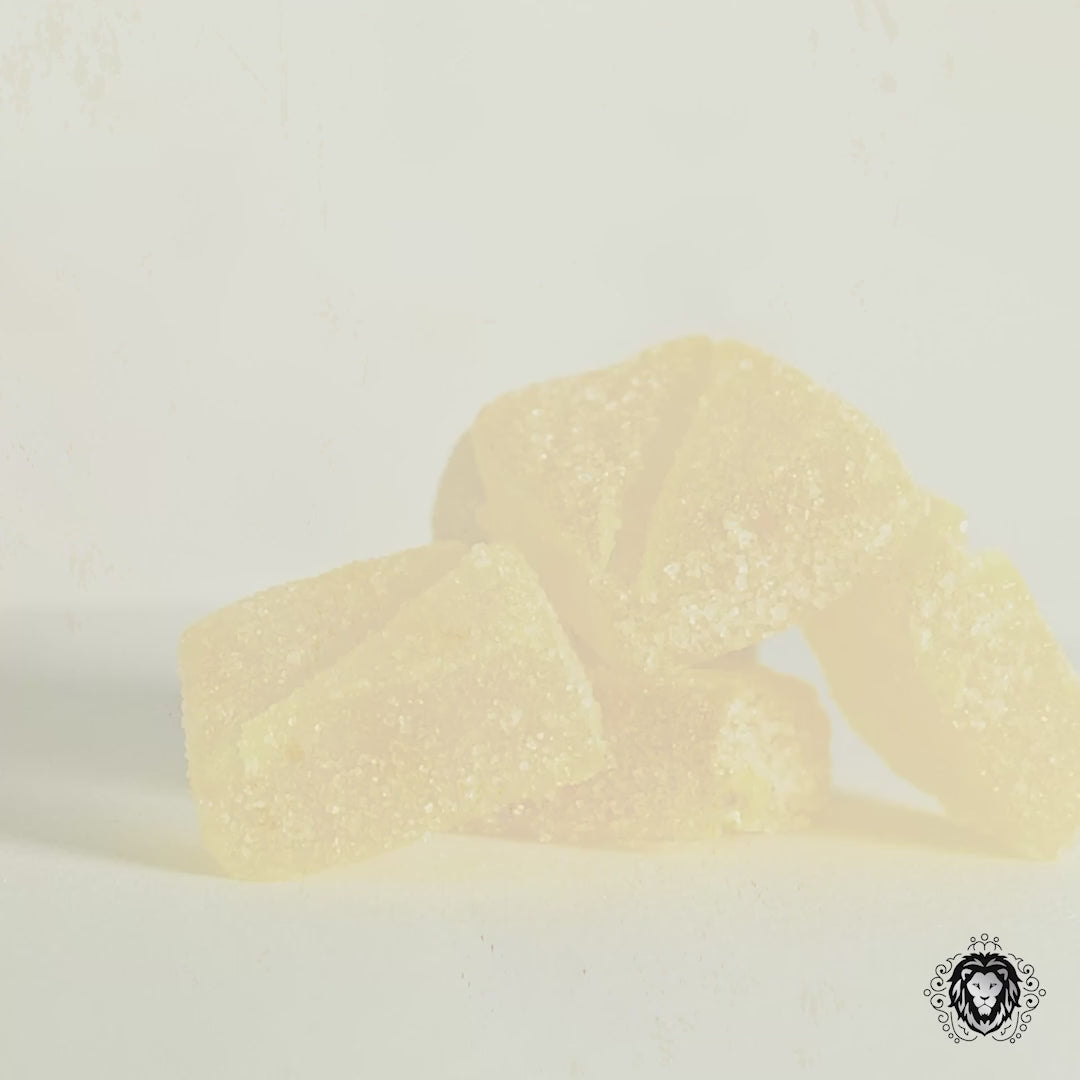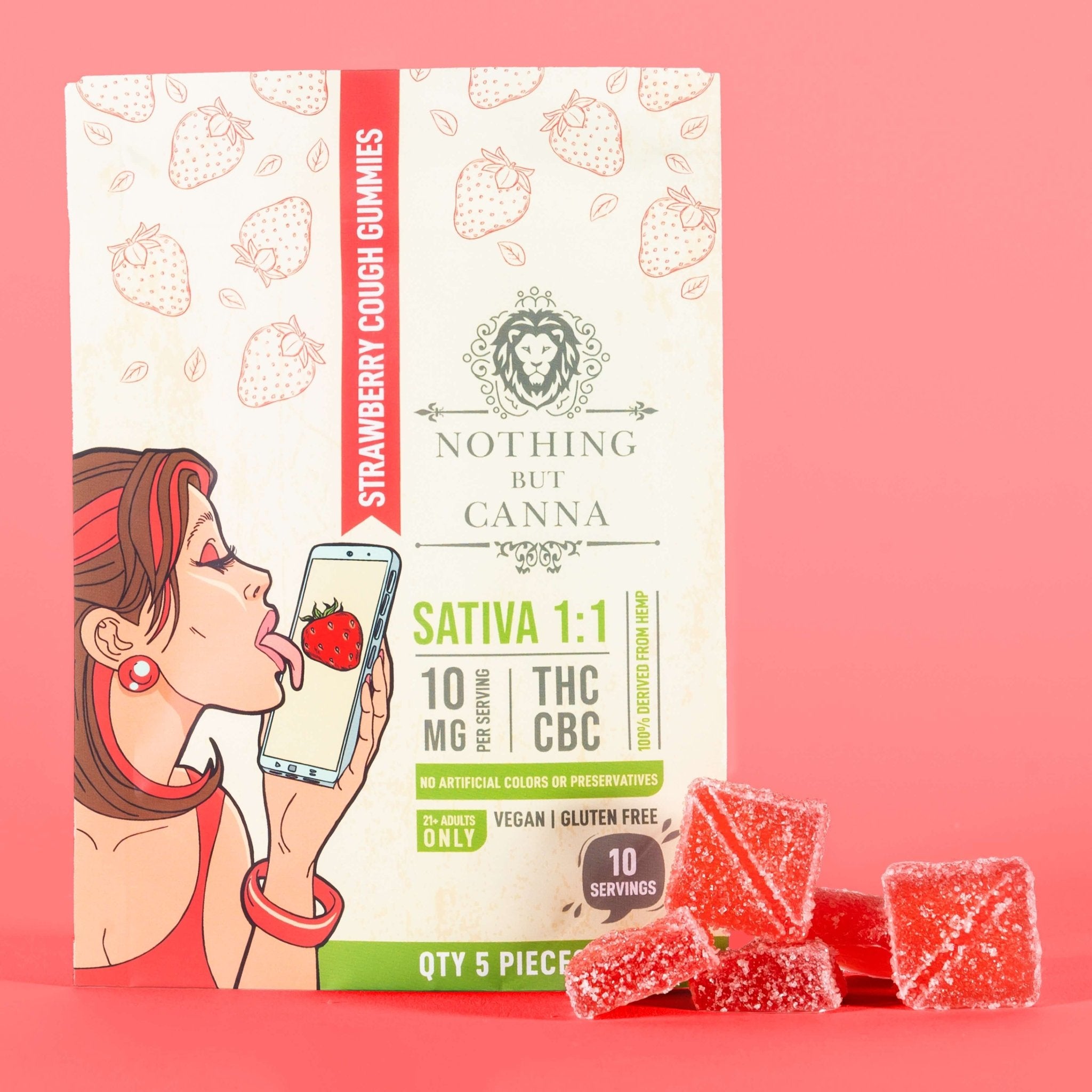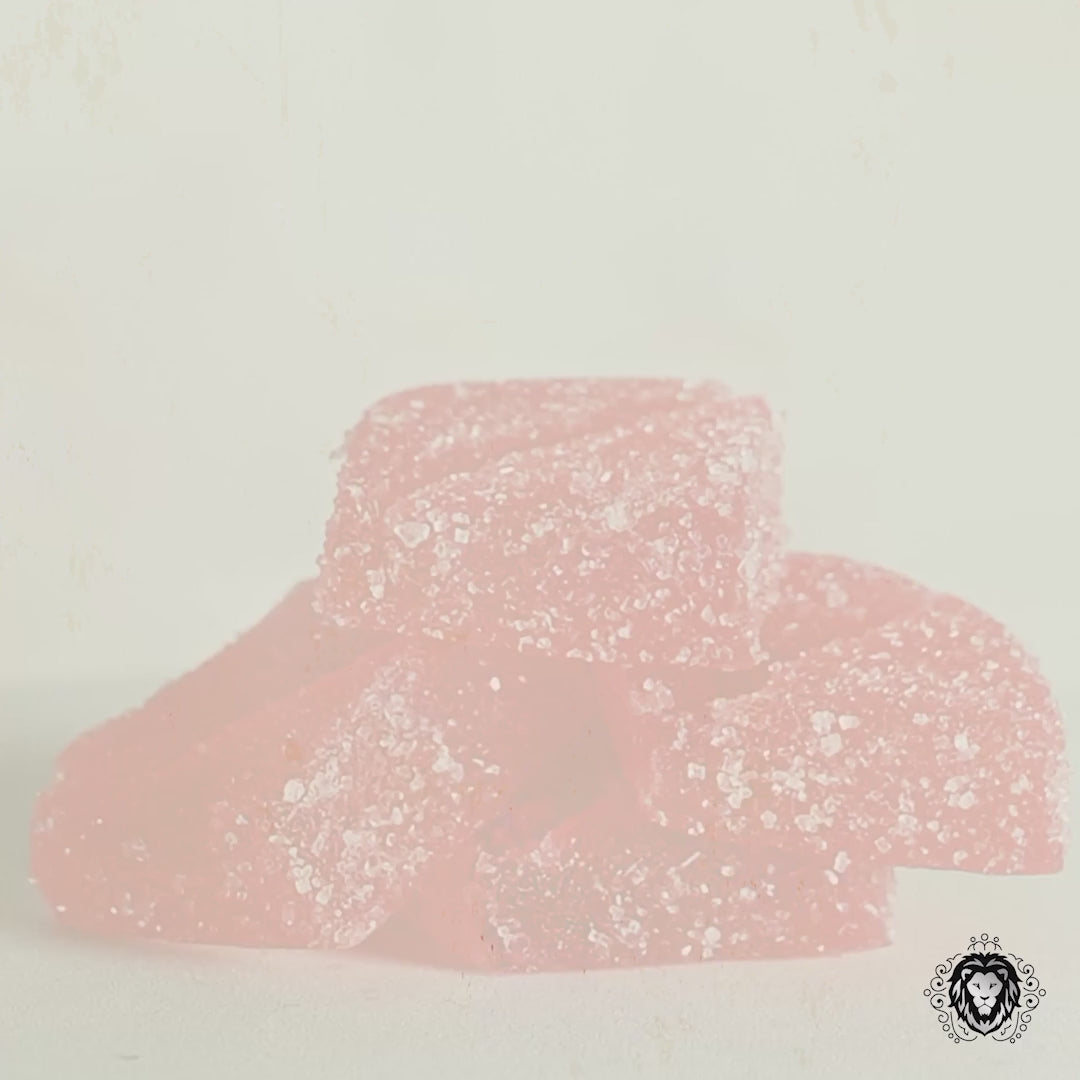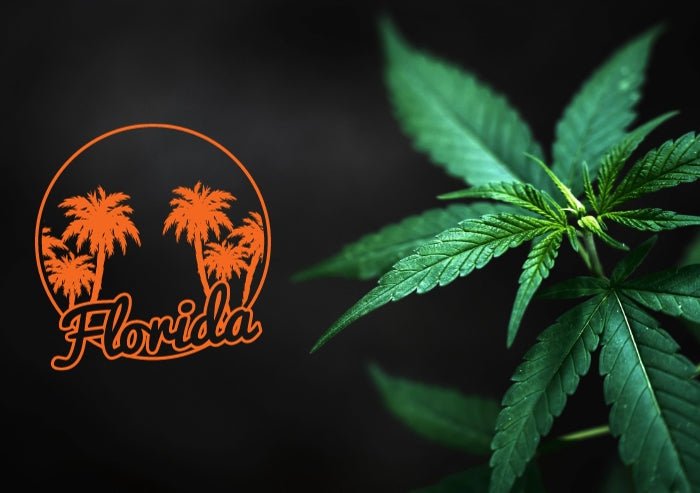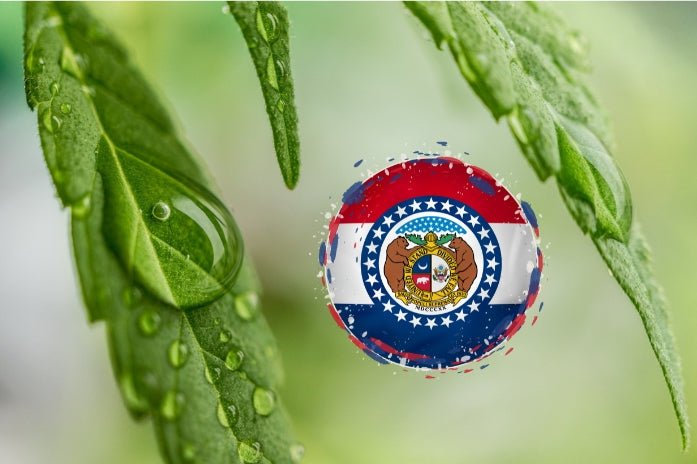Having already passed legislation last year banning the sale of hemp-derived cannabinoid products to individuals under 21, lawmakers are hoping these new measures halt the sale of the controversial hemp derivatives.

Much like the actual American Civil War, the current sibling battle between hemp and cannabis interests is experiencing a host of legislative and legal skirmishes all across the country with varying levels of impact. One of the states currently wrestling with the wildly misunderstood and economically complicated details of the conflict is Tennessee.
Last year, in an attempt to corral the predominantly unregulated Intoxicating Hemp Derivatives (IHDs) market, Tennessee legislators passed several laws to begin regulating the financially prosperous market sector, including a ban on selling IHD product offerings to consumers under 21.
Now, according to multiple media outlets, the TN Department of Agriculture submitted new rules to the State House this past December that would expand those earlier approved regulations to include an outright ban on the sale of hemp-derived cannabinoid products like THCA and CBD flower. Specifically, the new rules would alter the definition of what qualifies as THC, the most well-known psychoactive ingredient found in cannabis.
Under current state and federal laws, THC-A and CBD can be legally sold as smokeable flowers and edible products in the state. THC-A is particularly popular among consumers because it is designated non-psychoactive by state law.
THC-A, or tetrahydrocannabinolic acid–specifically Delta-9 THCA, is “a naturally occurring cannabinoid in hemp and cannabis plants. It is the acidic ‘precursor’ to THC and exists primarily in young, freshly harvested cultivars. THCA is non-psychoactive until it converts to THC through non-enzymatic reactions when exposed to heat. Known as decarboxylation, this process activates cannabis’ psychoactive properties.” Essentially, when THC-A comes in contact with a flame, it instantly converts to THC.
Because THC-A and CBD flowers are almost identical to traditional cannabis plants, except when tested in a lab, law enforcement officials have a difficult time distinguishing between the wide variety of legal and illegal cannabinoid products. The proposed legislation would change the definition of THC to include the percentage of THCA, leading to a potential ban on THC-A and some CBD flowers.
The issue of correctly identifying what is and is not illegal recently arose in Chattanooga, where a hemp shop owner is filing suit against the city’s police department, alleging that his hemp-derived products were incorrectly seized during a routine traffic stop because officers mistakenly thought the items were marijuana.
When asked by the Tennessee Lookout about the incident in Chattanooga and the proposed rule changes, the Department of Agriculture declined to answer any specific questions. Instead, Kim Doddridge, the department’s spokesperson, responded to all inquiries: “The proposed rules establish requirements for hemp-derived cannabinoid products, as required by the legislation. The rulemaking for this new legislation is still underway.”
"The proposed rules establish requirements for hemp-derived cannabinoid products, as required by the legislation. The rulemaking for this new legislation is still underway.”
- Kim Doddridge, Spokesperson for the TN Department of Agriculture
This action is not the first time lawmakers have attempted to ban IHD products in the state. In 2022, legislators tried to impose an outright ban on hemp-derived products. However, they could not muster enough votes to pass the polarizing measure.
One of the primary reasons for the ban’s failure is that hemp and its derivative products are good business in Tennessee. State officials estimate that IHDs, like delta-8 THC and similar products, generate roughly $180 million in economic value for the state.
Always motivated more by financial concerns than health and safety, the politicians decided to choose regulation over prohibition regarding the question of what to do with hemp and its “troublesome” intoxicating derivatives. In addition to the age restriction measure, the new law empowers the Department of Agriculture to craft rules regulating delta-8 THC, CBD, and THC-A offerings.
The new rules regarding THC-A and CBD flower restrictions could go into effect as soon as July 1, 2024. Before that time, the Department of Agriculture will hold a public hearing on the proposed changes on February 2 in Nashville. If they pass, Tennessee would become one of the first states to prohibit the sale of THC-A flower in the country.
It would be an ominous and legally dubious move and would undoubtedly prompt judicial action on the part of the hemp industry in Tennessee and nationally. Regardless of the outcome, 2024 is shaping up to either be the year of hemp or the year that the hemp v. cannabis civil war finally comes to a head.

































